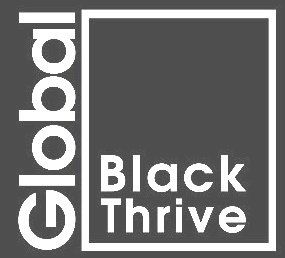Where can I get help in the Midlands as the cost of living soars?
source:
ITV Network
published: 26 August 2022
(republished 10 December 2023)
Almost everyone will have heard of the cost of living crisis by now, but no-one can be sure exactly how it will affect them. From soaring energy and fuel bills to an increase in National Insurance and council tax payments, prices are set to increase dramatically over the next few days and weeks'.
Charities predict it will further push people into hunger, fuel poverty, and crippling debt.
What costs are rising?
- Ofgem has said the energy price cap will rise by 54% from April 1, affecting around 22 million customers
- People paying for energy on default tariffs by direct debit will see an increase of £693 from £1,277 to £1,971 per year, while prepayment customers will see an increase of £708 from £1,309 to £2,017
- Council tax bills increased at the beginning of the month. The increase depends on which local authority you live in and which band your house falls under
- Food prices are being affected by the inflation rise, with prices 5.2% higher than a year ago
- From April 6, National Insurance (NI) will increase by 1.25%
From free debt and employment advice, to providing affordable and healthy food, ITV have provided a listing of who is on hand to help across the West Midlands.
Other sources of support;
- Impact Pathways W.Mids: Cost of Living Support
- Birmingham City Council: Cost of Living Support
- W.Mids Combined Authority: Cost of Living
- NHS Black Country: Cost of living support hubs in Dudley
- City of Wolverhampton Council: Cost of Living Support
- Gov.UK: Cost of Living Payments 2023 to 2024
- Sandwell Council: Household Support Fund
- West Bromwich: Cost of Living Support Programme
In a new report by The University of Birmingham (Published 18 July 2023), they said;
The latest REDI-Updates briefing from the University of Birmingham’s West Midlands Regional Economic Development Institute (WMREDI) reveals how the cost-of-living-crisis is impacting people and businesses, and examines the supply-side failures driving it.
Since the end of the pandemic inflation has risen to its highest level in 40 years, hitting double digits in 2022 and 2023, with the cost of a basic food shop increasing 24.2% between
March 2019 and March 2023.
REDI-Updates studies the impact of rapidly rising inflation on the local and national economy, analysing and evaluating the international, national, and local factors driving inflation and how rising prices are impacting both businesses and households. It also examines what actions these groups are taking to mitigate the impact of rising prices, for example, household food bank usage has risen 52% from pre-pandemic levels, as households struggle to afford essentials.













